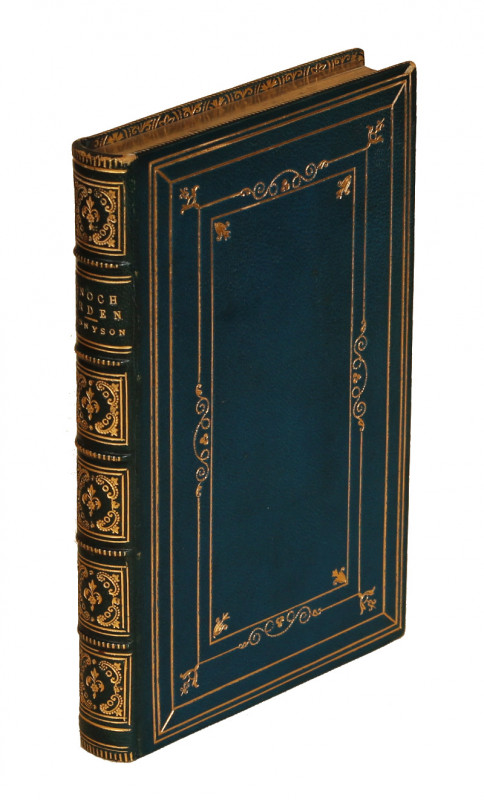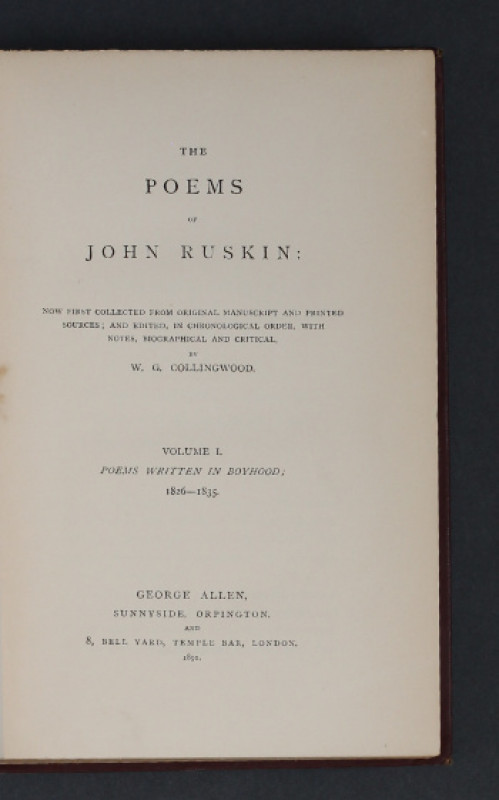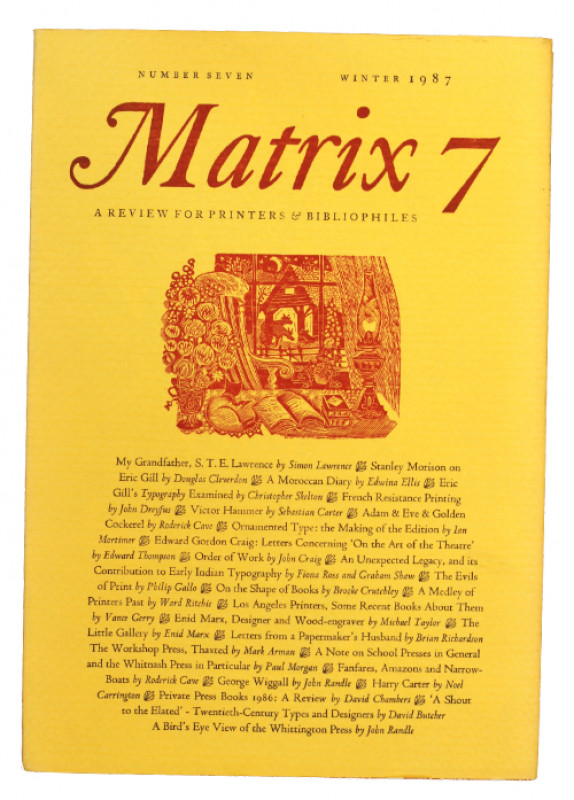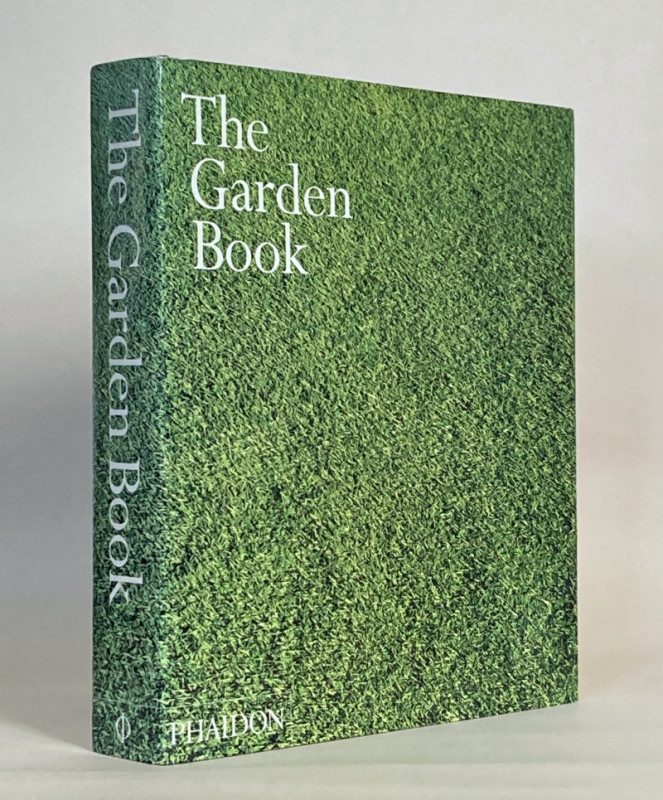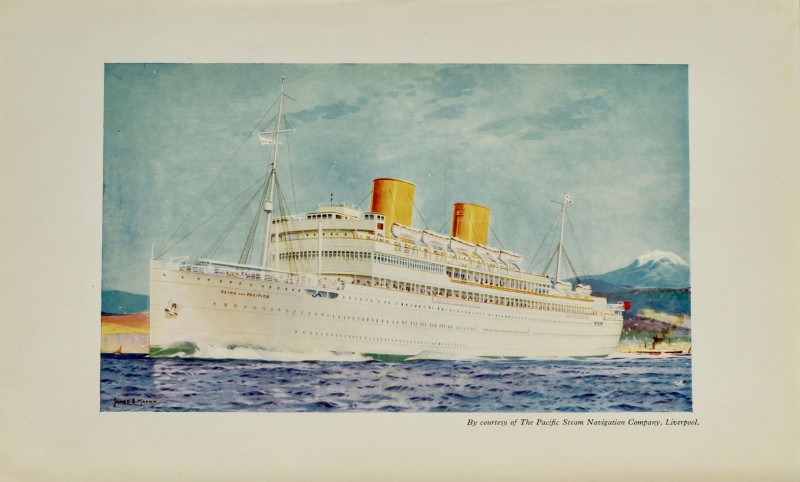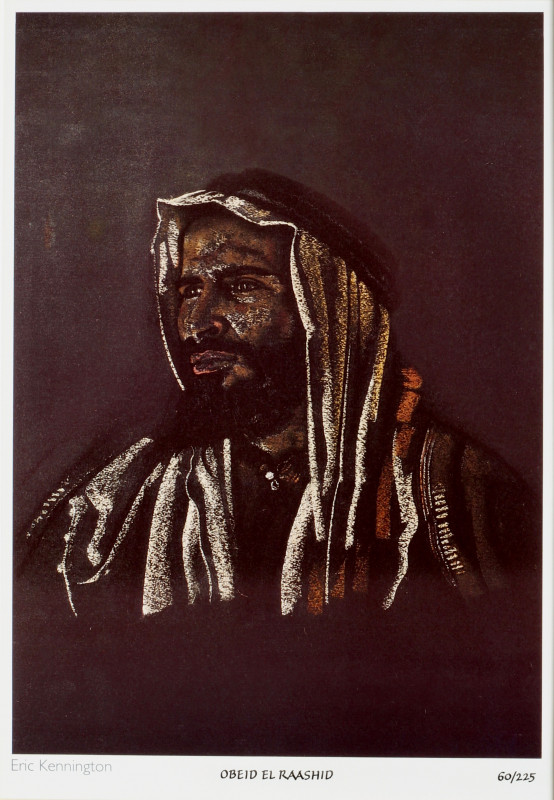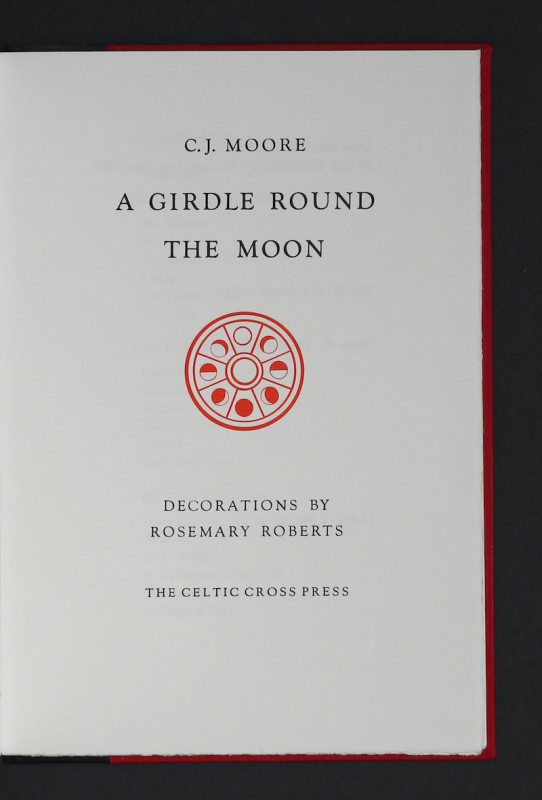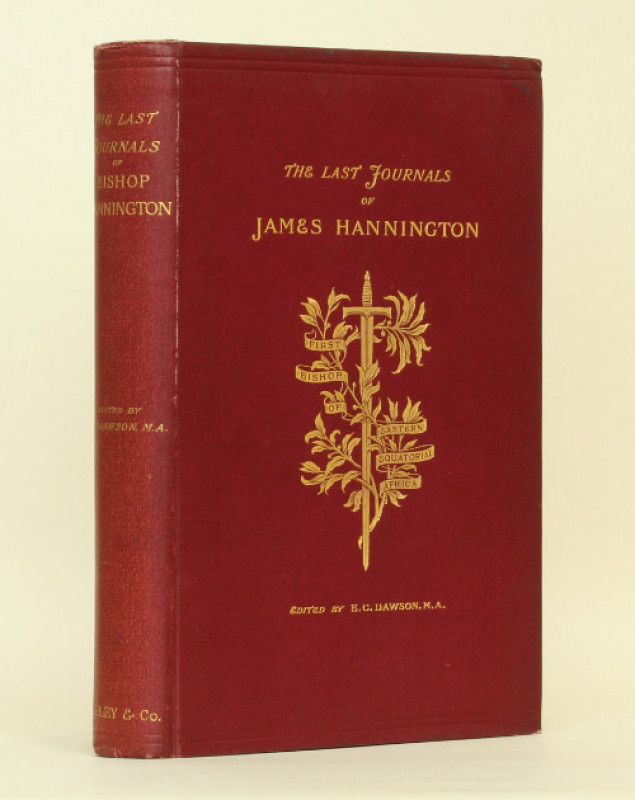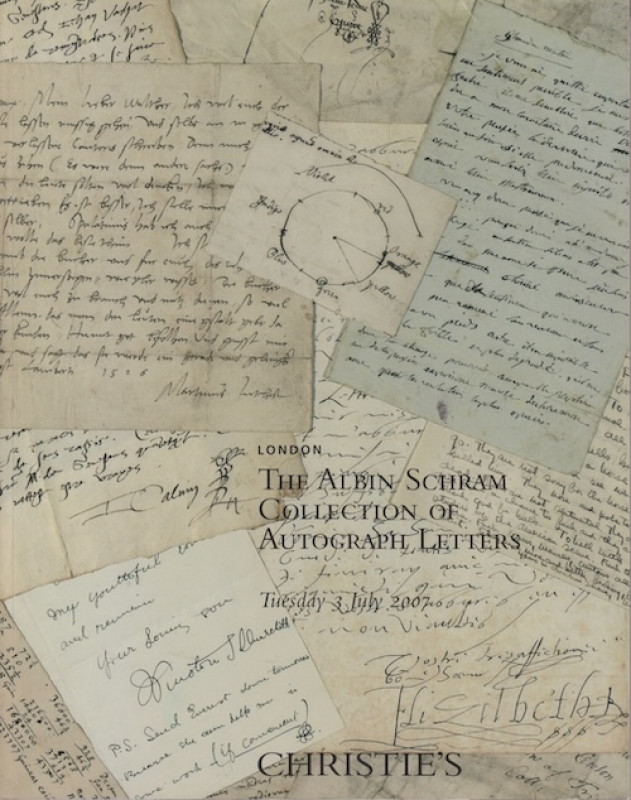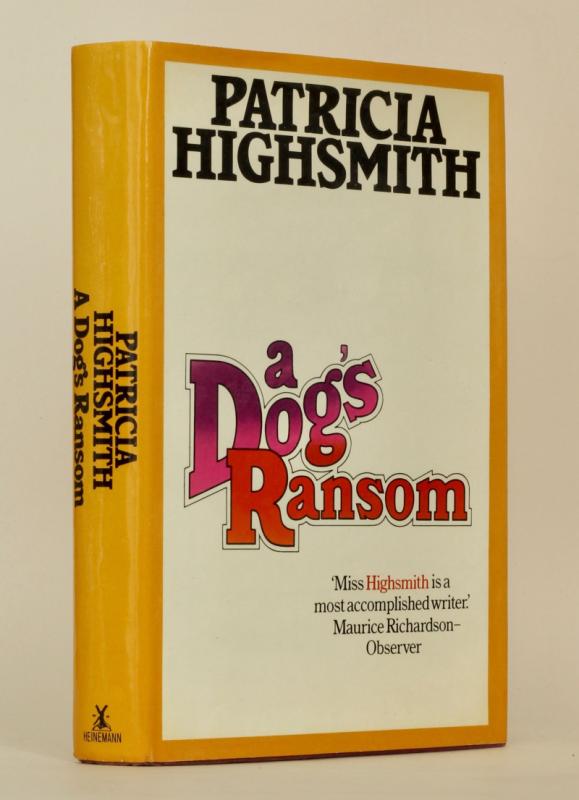Enoch Arden, Etc.
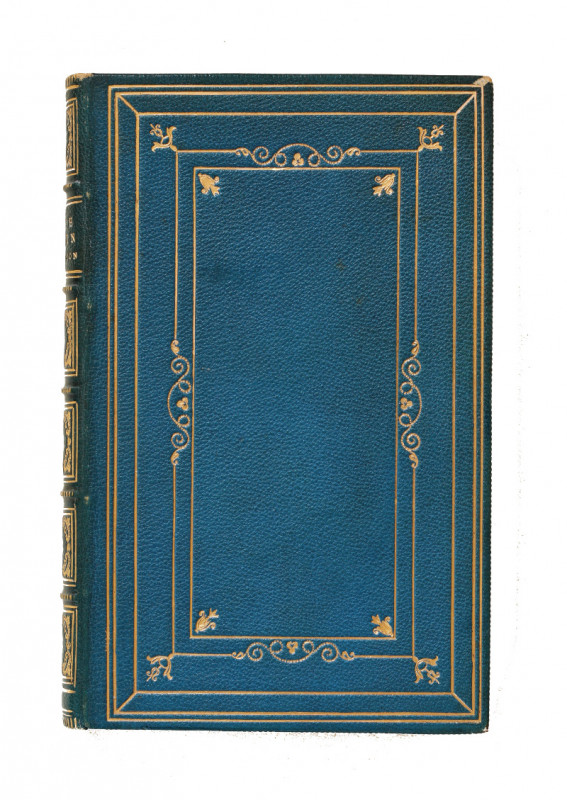


Book Description
ENOCH ARDEN – WHOSE TITLE-POEM WAS JUDGED ‘PERHAPS THE BEST THING TENNYSON HAS DONE’ BY ARNOLD – IN A HANDSOME, STRICTLY CONTEMPORARY BRITISH BINDING
Octavo (165 x 103mm), pp. [4 (title, imprint, contents, blank)], [1]-178. (A few light, mainly marginal spots and marks.) Closely-contemporary British hard-grained blue morocco gilt, boards with panels formed of double gilt rules with fleuron cornerpieces and central trefoil and pointilleé decorations, enclosed by borders of 3 gilt rules, spine gilt in compartments, lettered directly in one, others richly decorated with central fleurons enclosed by drawer-handle and circle tools, board-edges roll-tooled in gilt, turn-ins gilt with palmette rolls, lemon-yellow coated endpapers, all edges gilt. (Extremities lightly rubbed.) A very good copy in a handsome, strictly contemporary binding. Provenance: Mrs Chapman (gift to:) – Jessie, November 1864 (gift inscription on front free endpaper ‘For Dear Jessie with Mrs Chapman’s kind love 1864 November’).
Octavo (165 x 103mm), pp. [4 (title, imprint, contents, blank)], [1]-178. (A few light, mainly marginal spots and marks.) Closely-contemporary British hard-grained blue morocco gilt, boards with panels formed of double gilt rules with fleuron cornerpieces and central trefoil and pointilleé decorations, enclosed by borders of 3 gilt rules, spine gilt in compartments, lettered directly in one, others richly decorated with central fleurons enclosed by drawer-handle and circle tools, board-edges roll-tooled in gilt, turn-ins gilt with palmette rolls, lemon-yellow coated endpapers, all edges gilt. (Extremities lightly rubbed.) A very good copy in a handsome, strictly contemporary binding. Provenance: Mrs Chapman (gift to:) – Jessie, November 1864 (gift inscription on front free endpaper ‘For Dear Jessie with Mrs Chapman’s kind love 1864 November’).
Dealer Notes
First edition. Enoch Arden comprises the long poem from which the volume takes its title (pp. 1-50), and fifteen further poems: ‘Aylmer’s Field’, ‘Sea Dreams’, ‘The Grandmother’, ‘Northern Farmer. Old Style’, ‘Tithonus’, ‘The Voyage’, ‘In the Valley of Cauteretz’, ‘The Flower’, ‘Requiescat’, ‘The Sailor Boy’, ‘The Islet’, ‘The Ringlet’, ‘A Welcome to Alexandria’, ‘A Dedication’, and ‘Experiments’. Peter Levi commented that the collection ‘contains what [Tennyson] nearly called “Homely Idylls”, the fine point of what he could do with his verse short stories, and also his experiments in classical metre using quantity: the brilliantly successful poem to Milton in alcaeics, the hendecasyllables to reviewers, and the blank verse Homer; it also contains something potentially more valuable still to English poetry, his first dialect poem. He had known Burns of course since he was a boy, but “Northern Farmer” is more of a tribute to William Barnes, that great, underestimated poet of Dorset, which you can see from the Isle of Wight. [Although] [d]ialect poetry might have taken off at that time […] in poetry the moment passed, the only dialect left alive now is in Scotland, and we have fine Scots and Lallans poetry; in English we have only the lonely monument of Tennyson’s wonderfully moving Lincolnshire poetry and the large, neglected lifework of William Barnes’ (Tennyson (London, 1993), p. 251).
Enoch Arden was published in early 1864 (one Colbeck copy has an ownership inscription dated 20 February 1864), and was well received by contemporary critics and readers; among these was the poet Matthew Arnold, who wrote to J. Dykes Campbell about the collection on 22 September 1864: ‘I agree with you in thinking “Enoch Arden” itself very good indeed – perhaps the best thing Tennyson has done’ (G.W.E. Russell (ed.), Letters of Matthew Arnold (London, 1895), I, p. 239). This copy was bound no later that November 1864 (the date of the presentation inscription on the front free endpaper), placing the binding within the year of publication. Although it is not signed, the handsome and richly decorated binding is evidently of a high standard, and was probably executed by a London binder.
Colbeck, A Bookman’s Catalogue, p. 839; Shepherd, Bibliography of Tennyson, pp. 39-40; Wise, Tennyson, I, 107.
* * *
Note for UK collectors: this and all our listed books and manuscripts are available directly from our website: www.typeandforme.com
International collectors: please contact us to arrange shipping and order.
Enoch Arden was published in early 1864 (one Colbeck copy has an ownership inscription dated 20 February 1864), and was well received by contemporary critics and readers; among these was the poet Matthew Arnold, who wrote to J. Dykes Campbell about the collection on 22 September 1864: ‘I agree with you in thinking “Enoch Arden” itself very good indeed – perhaps the best thing Tennyson has done’ (G.W.E. Russell (ed.), Letters of Matthew Arnold (London, 1895), I, p. 239). This copy was bound no later that November 1864 (the date of the presentation inscription on the front free endpaper), placing the binding within the year of publication. Although it is not signed, the handsome and richly decorated binding is evidently of a high standard, and was probably executed by a London binder.
Colbeck, A Bookman’s Catalogue, p. 839; Shepherd, Bibliography of Tennyson, pp. 39-40; Wise, Tennyson, I, 107.
* * *
Note for UK collectors: this and all our listed books and manuscripts are available directly from our website: www.typeandforme.com
International collectors: please contact us to arrange shipping and order.
Author
TENNYSON, Alfred, Baron TENNYSON
Date
1864
Publisher
London: Bradbury and Evans for Edward Moxon and Co.
Friends of the PBFA
For £10 get free entry to our fairs, updates from the PBFA and more.
Please email info@pbfa.org for more information
